When Fire Speaks: Traditional Ecological Practices in Action
Season 3: Episode 21
How do we learn from the land and its lineage?
In this special bridge episode, Dr. Melinda Adams—Indigenous scholar, ecologist, and cultural fire practitioner—explores how place-specific, Indigenous-led practices are the key to stewarding and restoring our shared lands. Dismantling the rhetoric of Traditional Ecological Knowledge (TEK), Adams teaches a more actionable approach to controlled burning—Humble Fire—that reframes fire as a “more-than-human relative,” from which we must actively listen and learn. This “storytelling on the land” calls us to defer to Indigenous ways of being in our interventions and return to the land, assessing how our ancestor responds and applying what we learn to ensure our collective future.
Listen to this episode on: Spotify, Apple, Google and other places you get your podcastsAbout our guest
Melinda Adams, Ph.D. belongs to the N’dee San Carlos Apache Tribe and is an Assistant Professor in the Department of Geography and Atmospheric Science and Indigenous Studies at The University of Kansas. She is a cultural fire scholar and practitioner and is NWCG certified.
As a fire scholar, Dr. Adams concentrates on encouraging public participation in prescribed and controlled burns, getting more people fire certified, and placing more Indigenous-led cultural fire to the ground with allies, agencies, and Tribal members: “Decolonizing fire” as she describes.
Her research focuses on the revitalization of cultural fire with Tribes at the intersection of ecology, environmental science, environmental policy, and Native American Studies.
She examines plant and soil physical-chemical responses to cultural fire including culturally significant plant yield, and nutrient cycling capacity. This work is rooted in the place-specific, land stewardship lessons of Indigenous cultural fire practitioner-partners.
Broader implications of this research include deploying cultural fire as a climate adaptation strategy while mitigating the frequency and intensity of catastrophic wildfire.
Dr. Adams holds her Bachelor of Science from Haskell Indian Nations University (one of thirty-seven tribal colleges located across the United States), her Master of Science from Purdue University, and PhD from the University of California, Davis.
On the web
Melinda M. Adams, PhD (personal site)
Melinda M. Adams, PhD (Kansas site)
Resources in this episode
People
Books
Original Instructions: Indigenous Teachings for a Sustainable Future
Braiding Sweetgrass: Indigenous Wisdom, Scientific Knowledge and the Teachings of Plants
Articles
Indigenous Ecologies: Cultivating Fire, Plants, and Climate Futurity
Solastalgia to Soliphilia: Cultural Fire, Climate Change, and Indigenous Healing
Podcasts with Melissa
Organizations
Terms
Humble Fire
Indigenous Matriarchial Ecologies
Traditional Ecological Practices
The Black Line
Find more about how to teach climate design in your classroom at www.climatedesigners.org/edu
Music in this episode
Nature sound effect by bbc.co.uk – ©2023 BBC
Theme music by Casual Motive
Design Team
Consulting
Climate Design Assignments
At the end of each episode, we ask our guests what their ideal climate design project would be. They have four weeks with a class full of design students. We translated their response into a project brief that you can use for your class.

